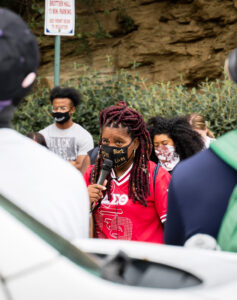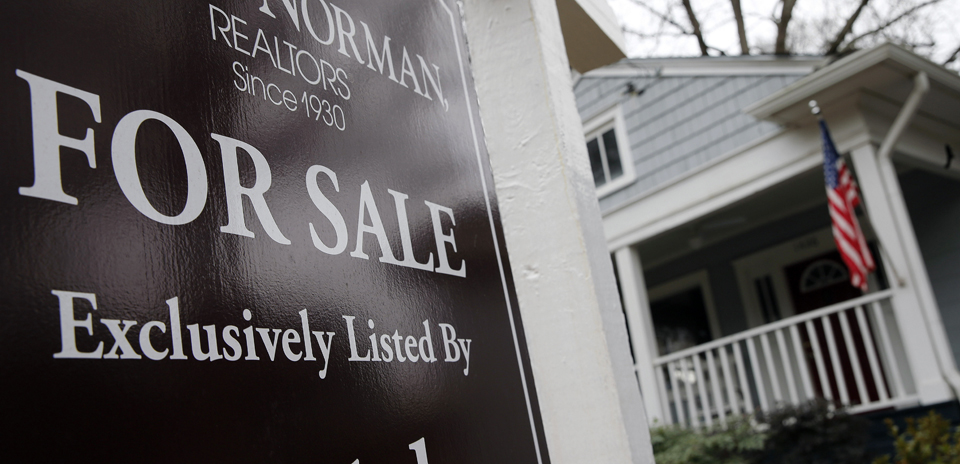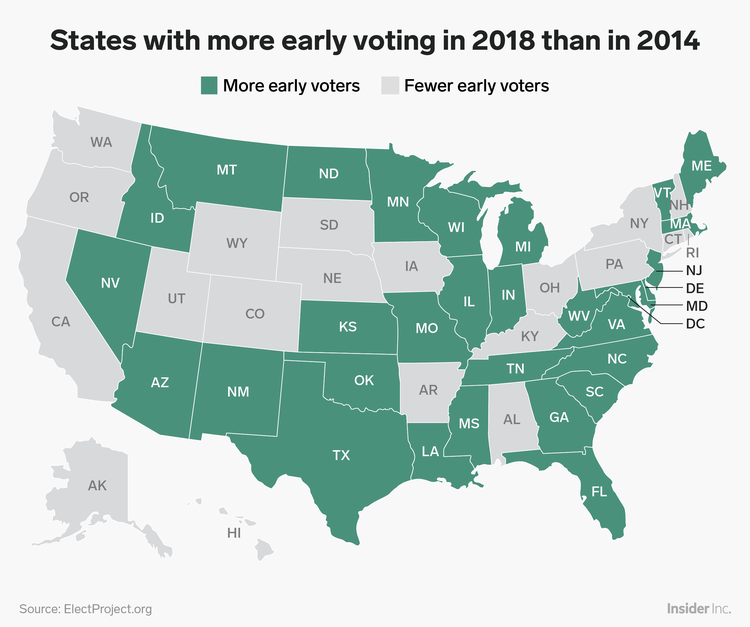
Kellen Stepler | Editor-in-Chief
09/25/2020

Responding to demands from Dannielle Brown, mother of Marquis Jaylen “JB” Brown who fell to his death out of a Brottier Hall window in October 2018, Duquesne University announced Friday that they had purchased body cameras for their police officers, which they expect to arrive in three weeks.
The announcement came three days after Brown’s most recent
protest on campus.
The advocacy group, #Justice4JaylenBrown, released a statement Tuesday, Sept. 29 noting the “recent victory” in the campaign for justice for JB.
“It is clear that Duquesne University officials decided to acquire body cameras as a direct result of Ms. Brown’s tireless advocacy, despite Duquesne’s attempts to distance itself from her cause,” #Justice4JaylenBrown’s statement said.
In a Sept. 25 statement, the university said it funded the camera program and that the first-year cost is $90,000; then costing $43,000 annually thereafter. Duquesne is working with the union that supports the public safety officers to “complete the due diligence relative for adopting the cameras for use.”
“While city and Duquesne police officers have interviewed multiple witnesses who have shared the same account relative to what happened on that evening when Marquis “Jaylen” Brown tragically died, and we believe without a doubt that our officers acted in the most prudent manner possible, we believe that body cameras are a public safety and community relations best practice,” according to the news release.
The university noted that they had been looking into body cameras before JB’s death.
“While Ms. Brown welcomes recent steps towards acquiring body cameras, Duquesne’s attitude toward the #Justice4JaylenBrown movement has been less than ideal. Ms. Brown has time and time again asked Duquesne for a seat at the table to help make Duquesne a safer environment for its students.”
The advocates’ statement notes that Duquesne’s announcement of ordering body cameras comes a day after her attempted donation to assist in funding body cameras was declined.
Dannielle Brown, on day 89 of her hunger strike, has been protesting Duquesne’s handling of the death of her son, Marquis Jaylen “JB” Brown, in October 2018. She has issued three demands of Duquesne: for her to be given access to the file on JB’s death to conduct her own investigation, that Duquesne requires
its officers with body cameras and increased crisis-intervention training.
The advocates’ statement says that Brown has been “clear and consistent about her three simple demands.” They write that her first demand, releasing all information related to JB’s death allowing her to conduct an independent investigation, has not been met — contrary to Duquesne’s claims.
“Her investigator has never been given full access without stipulation to all Duquesne University records relating to the incident that took her son’s life,” the statement says. “Duquesne has only offered Ms. Brown access to files from an internal investigation led by its own legal team.”
The statement says that Brown is hopeful that Duquesne “will make good on its recent announcement that it has ordered body cameras, there has been nothing but empty promises from Duquesne to date.”
“Ms. Brown looks forward to opportunities to foster dialogue with the school to translate its words into meaningful action,” it says.
The statement provides an update to her third demand, for the university to train campus law enforcement officers in deescalation and to respond appropriately to mental health crises among its students; and that “appropriately trained law enforcement officers should have been fully alert and prepared to intervene to prevent a person acting erratically from posing danger to himself or others.”
Duquesne’s news release also addresses recent statements made by the university regarding Brown violating COVID-19 conduct policies, after events on Sept. 11 and Sept. 22.
“While Duquesne has worked to respectfully accommodate Ms. Brown’s right to share her message, and very much wishes to reach closure for all concerned in this tragic matter, the university cannot tolerate non-compliance with our safety measures or disrupting our students’ academic
pursuits,” according to the statement by university officials.
#Justice4JaylenBrown’s statement noted that Brown “practices strict measures to prevent the spread of COVID-19 at her events, including mandatory mask wearing by all participants, the use of hand sanitizer, and the sanitization of all equipment after each use.”
“Not a single COVID-19 case has been reported as a result of attending any of Ms. Brown’s events, including her 24/7 stay at Freedom Corner,” the statement said.
The advocacy group also responded to Duquesne’s concerns of disrupting students’ education, writing that, students call Brown’s presence “inspirational.”
“Ms. Brown is sympathetic to the stresses and demands students face while they study, which is why she has voluntarily reduced her hours near campus and has conducted noise tests to ensure the bullhorn she uses while protesting cannot be heard inside the university’s library or nearby buildings. Duquesne’s students continue to stand with Ms. Brown and lead protests and actions alongside her, amplifying her demands for action to Duquesne officials,” the statement said.
Duquesne officials have also filed a motion asking the Allegheny County Common Pleas Court to require Brown to specify exactly what she intends to sue the university for. According to Allegheny County court records, Brown filed a praecipe for writ of summons Feb. 15, 2019 — a notice filled out by someone that
lets the other party know that they intend to sue. That was the last filing from Brown.
On Sept. 17, Duquesne filed a notice requesting Brown to file a complaint. The administration said the court has ordered Brown to do so.
In the statement, Duquesne officials note that the “university is eager to make all available relevant information through a transparent and proper process.”
They said that Brown’s lack of legal counsel has “made it impossible for Duquesne’s counsel to provide, through the proper legal channels and following the correct procedures, documents and information that Ms. Brown continues to demand.”
Duquesne said that by asking the court to move the legal process forward, they hope that the
traditional methods of obtaining evidence and testimony “will allow all of the evidence to be obtained by Ms. Brown through a fair, open, and comprehensive process, thus allowing her to find the answers she seeks so she and the university can reach closure in this tragic matter.”
Brown said in the release, “What started as a quest to get answers in my son’s death has evolved into a national campaign to change the way institutions of higher education interact with students — especially students of color — their parents, and particularly in times of crisis.”
Duquesne announced on Tuesday the first of a monthly Prayer for Unity service taking place this Sunday, Oct. 4 at 7 p.m. on Rooney Field. Check-in will begin at 6:30 p.m., and all attendees must show a Duquesne ID and have their temperature checked before entering the event. The service, led by Duquesne chaplain Fr. Bill Christy, will last 10- 15 minutes.
Following the service, there will be a remembrance for JB who died on the same day in 2018. Brown has been invited to attend.




